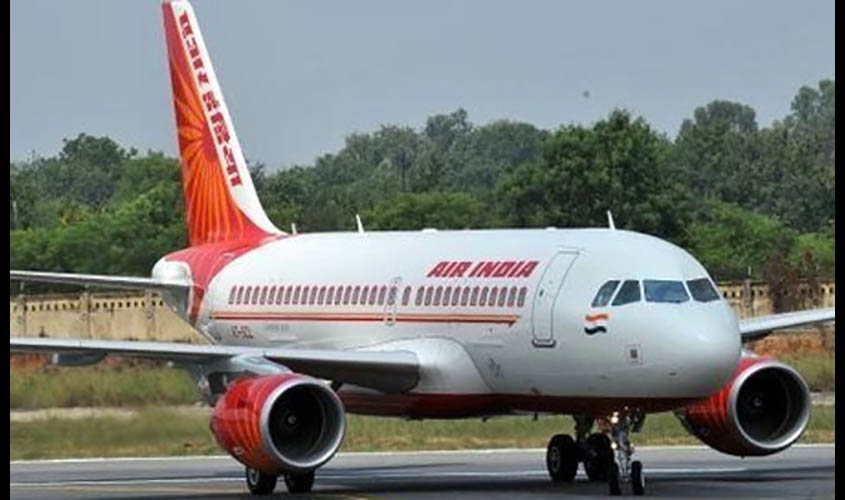The proposal to allow 100% foreign direct investment (FDI) in domestic (only) airlines is indeed a bold move, but whether such liberalisation will excite foreign players remains in doubt unless backed by the permission to fly abroad. But as per the global convention governing bilateral air services agreement, such permission cannot be granted by Indian authorities alone. An airline with over 49% foreign ownership is not eligible to operate on international routes under India’s bilateral air services agreements which states that “the domestic airline can qualify for international operations only if it is majority-owned by the nationals of the country where it is based”, says Binit Somaia, senior aviation analyst, with the Centre for Aviation (CAPA).
This could change if it is possible under the Indian law to establish a holding structure, similar to that of Virgin in Australia, another market which permits 100% FDI in domestic airlines. In Australia, foreign investment is allowed in the domestic airline and international operations are carried out under a separate entity. However “at this stage, it is not clear whether this would be permitted in India”, feels Somaia. Moreover, the extant requirement of having at least 2/3rd of directors and chairman of the domestic airline from Indian nationals might also dissuade foreign players, unless it is changed by the government.
The proposal to allow 100% FDI in domestic airlines is part of liberalising the FDI regime in multiple sectors made by the Ministry of Commerce and Industry in mid-2016.
However, it is not clear that there is strong interest (among foreign investors) in investing in domestic-only airlines, except perhaps for regional operations, a model which is yet to demonstrate clear viability. How many foreign investors would actually be interested in operating a purely domestic airline is doubtful because the domestic aviation market in India is highly competitive, feel aviation experts. The total revenue of all Indian carriers combined in FY16 was approximately $10.5 billion. Of this, around 60% had come from the domestic market, while the rest 40% came from international operations. The second deterrent would be the perception of the India civil aviation market being highly taxed and tightly regulated.
The proposal to allow 100% FDI in domestic airlines is part of liberalising the FDI regime in multiple sectors made by the Ministry of Commerce and Industry in mid-2016.
Two new airlines in India (Vistara and Air Asia) were primarily interested in international operations. The only reason for them to opt for a domestic operation was due to the absurdities of 5/20 (now defunct) rule that required an entity to have at least five years of domestic operations and have 20 aircraft before being allowed to fly abroad.
Now, it has been replaced by the 0/20 rule which permits an Indian-owed airline to fly abroad on the first day itself provided it has 20 aircraft. Indian carriers are genuinely upset about this move as they see more competition coming their way. Would capping the number of airlines that can operate help?

